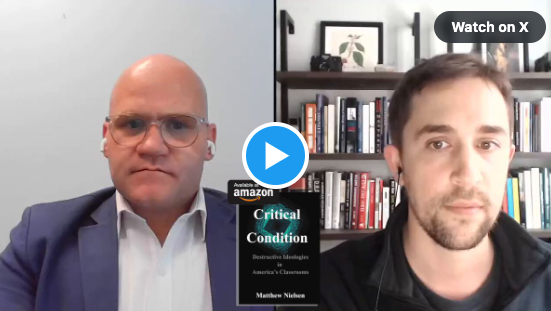by Dr. Corey DeAngelis
Note: This article first appeared on the blog of the Cato Institute. Reproduced with the permission of the author in its original form.
One of the most common myths in education is that school choice is somehow bad for public school teachers. In fact, teachers started striking against school choice in Los Angeles just last week. However, basic economic theory tells us that school choice is actually good for teachers because it introduces competition for their employers. In a competitive education labor market, employers must compete for talent by offering teachers smaller class sizes, more autonomy, and higher salaries.
In fact, the five studies that exist on the subject all find that charter and private school choice leads to higher salaries for teachers in traditional public schools. For example, a study published in the Journal of Public Economics finds that charter school competition increases teacher salaries by about 3.4 percent in difficult-to-staff public schools. None of the five studies indicate that school choice competition is bad for public school teachers.
But that’s not all. As shown in Andrew Coulson’s School Inc. documentary, teachers in private institutions in South Korea are highly satisfied with their jobs because their students actually want to be there. And, of course, it’s easier for teachers in private educational institutions (“hagwons”) to tailor their lessons to students because the children “are matched with classes based on their performance levels” and interests.
Highly demanded teachers in South Korea are also financially rewarded for a job well done. As shown in the clip below, some of the teachers make well over $1 million each year. Now that’s an incentive structure that’s good for both students and teachers.
Maybe the teachers in Los Angeles should have been striking for more school choice, not less.


